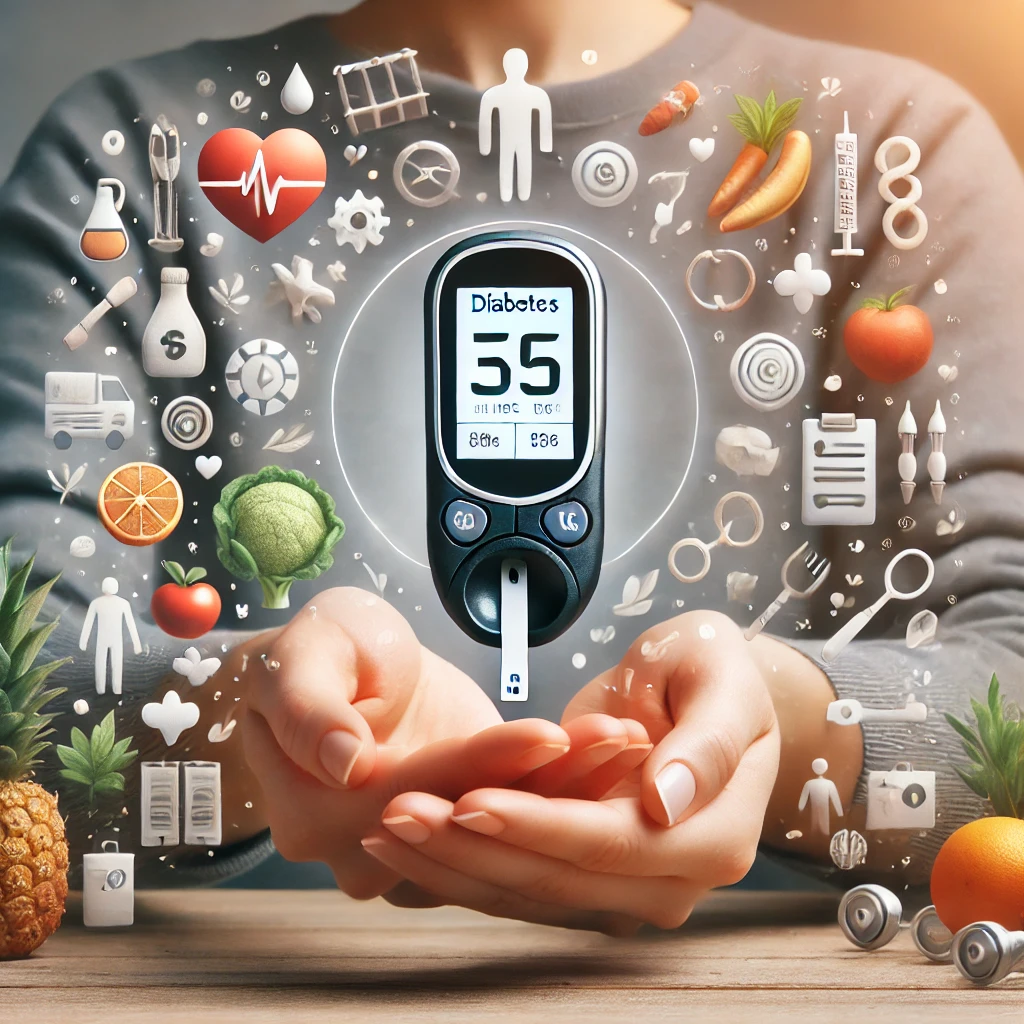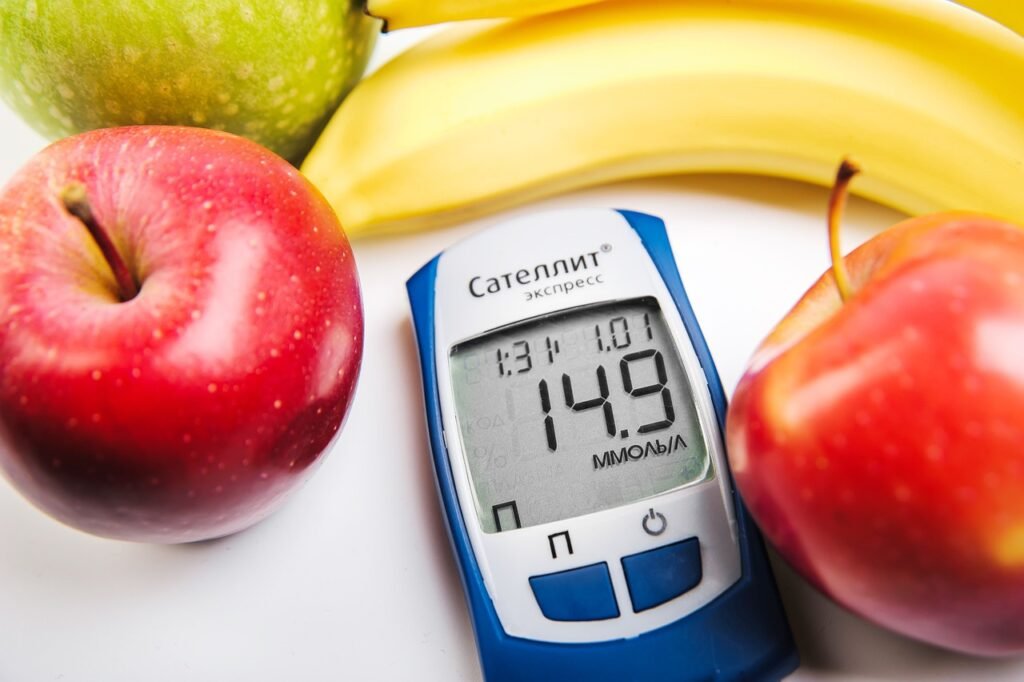Introduction:
Are you a vegetarian struggling to meet your protein needs? Or maybe you’re considering a plant-based diet but worry about where to get your protein? You’re not alone! With the rising popularity of vegetarian and vegan diets, many are searching for ways to ensure they consume enough protein. In this guide, we’ll unlock the secrets of high-protein vegetarian foods, share a comprehensive meal plan, and provide you with mouth-watering recipes that will keep you energized and satisfied.
The Importance of Protein in a Vegetarian Diet
Ever wondered why protein is often hailed as the king of nutrients? Let’s dive into the reasons why protein is essential for your body, especially on a vegetarian diet. Protein is the building block of life. It plays a crucial role in muscle repair, immune function, and overall health. For vegetarians, it’s vital to incorporate a variety of protein sources to ensure all essential amino acids are consumed. Unlike animal proteins, plant proteins can sometimes lack one or more essential amino acids, making it necessary to mix and match different foods to get a complete profile.
High-Protein Vegetarian Foods
Think you need meat to get your protein fix? Think again! Here are some vegetarian powerhouses that will surprise you with their protein content.
- Lentils: Packed with protein and fiber, lentils are a versatile ingredient for soups, salads, and stews.
- Chickpeas: From hummus to curries, chickpeas are not only delicious but also protein-rich.
- Quinoa: This pseudo-grain is a complete protein, containing all nine essential amino acids.
- Greek Yogurt: A creamy, high-protein snack perfect for breakfast or dessert.
- Tofu and Tempeh: These soy products are excellent meat substitutes with a high protein content.
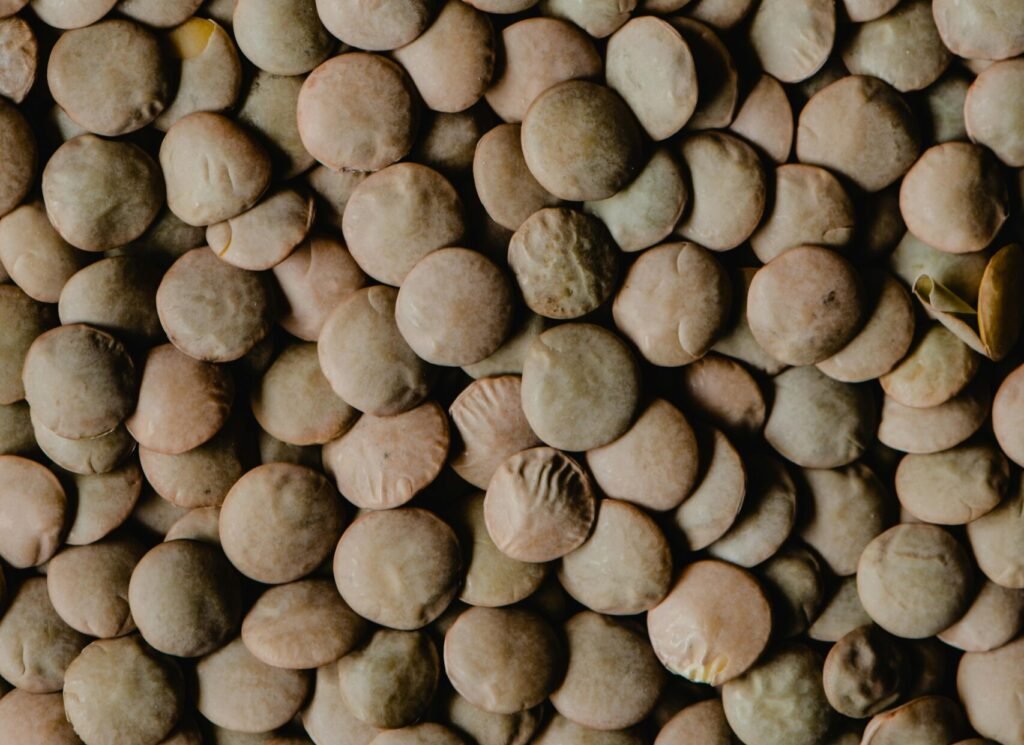
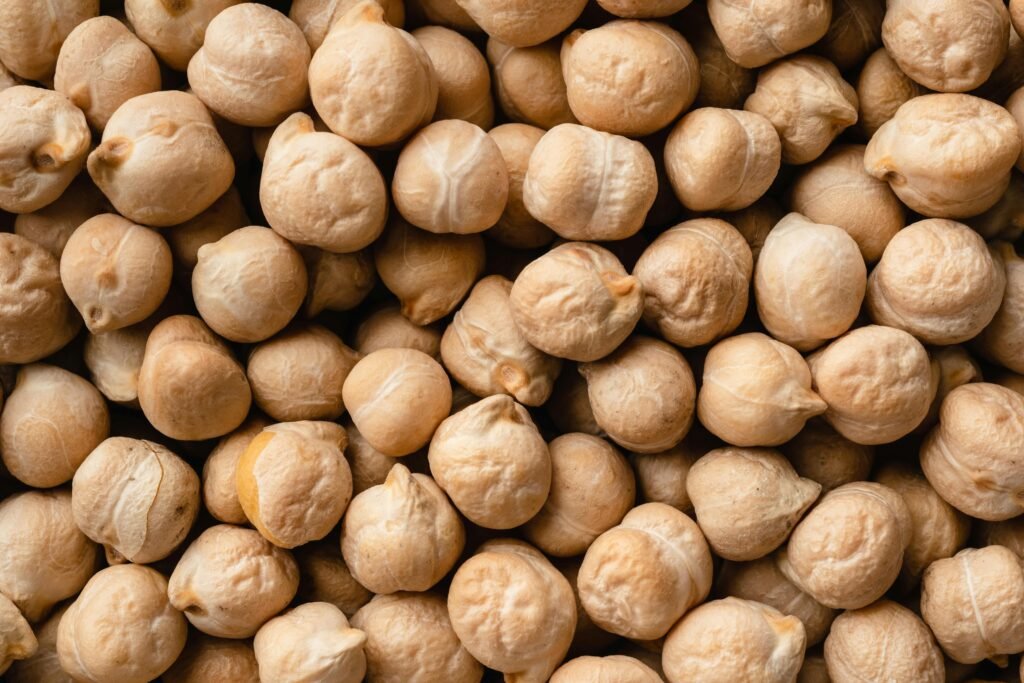
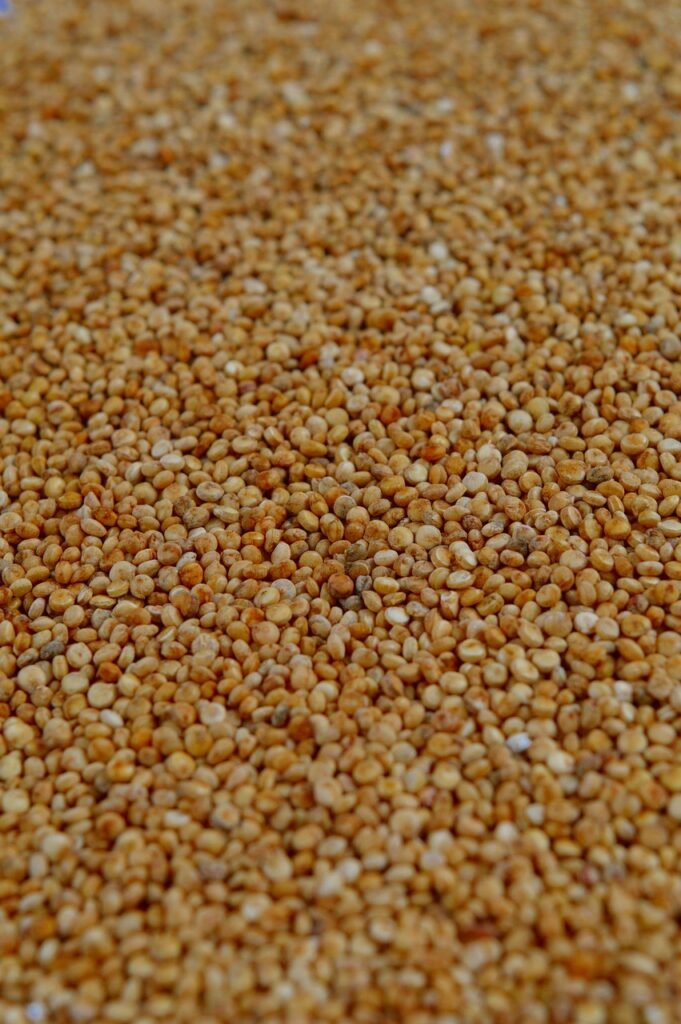
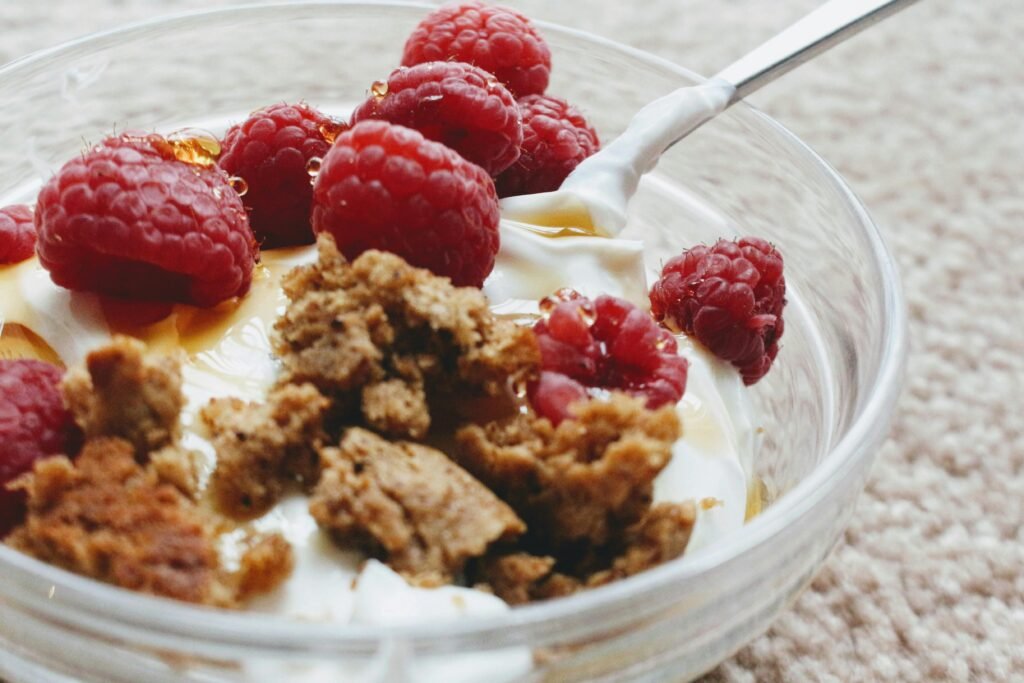
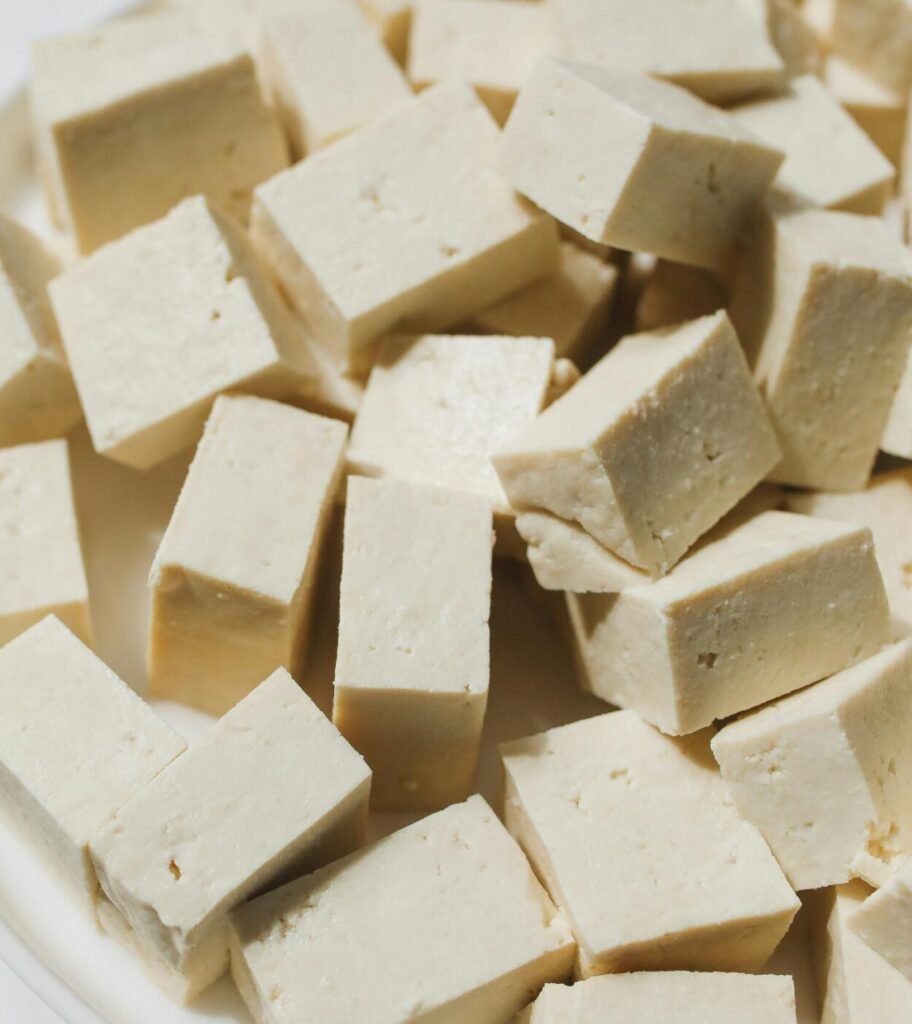
High-Protein Vegan Foods
Going vegan and worried about protein? Fear not! Here’s how you can maintain a protein-rich diet without any animal products.
- Seitan: Known as wheat meat, seitan is almost pure protein and has a texture similar to meat.
- Hemp Seeds: These tiny seeds pack a punch with protein and omega-3 fatty acids.
- Nutritional Yeast: Often used as a cheese substitute, it’s a complete protein and rich in B-vitamins.
- Edamame: Young soybeans that are perfect as a snack or in salads.
- Chia Seeds: These seeds are not only high in protein but also rich in omega-3s and fiber.
Balanced Vegetarian Meal Plan
Ready to take your vegetarian diet to the next level? Here’s a complete meal plan to help you hit your protein goals with ease.
Breakfast:
- Greek yogurt parfait with mixed berries and a sprinkle of chia seeds
- Scrambled tofu with spinach and tomatoes
Lunch:
- Quinoa and black bean salad with avocado and lime dressing
- Lentil soup with a side of whole-grain bread
Dinner:
- Chickpea and spinach curry served with brown rice
- Grilled tempeh with roasted vegetables
Snacks:
- Edamame sprinkled with sea salt
- A handful of almonds and dried cranberries
Challenges in a Vegetarian Diet
Struggling to stay on track with your vegetarian diet? Here are practical solutions to common challenges that vegetarians face.
- Protein Deficiency: Tips on how to consistently incorporate protein in every meal.
- Meal Boredom: Creative ways to keep your meals exciting and diverse.
- Nutrient Gaps: How to ensure you’re getting enough iron, B12, and other essential nutrients.
- Social Situations: Navigating parties, restaurants, and family gatherings as a vegetarian.
- Budget-Friendly Tips: Eating a high-protein vegetarian diet without breaking the bank.
Summary
Embarking on a high-protein vegetarian diet doesn’t have to be daunting. With the right foods, a balanced diet plan, and a little creativity, you can easily meet your protein needs and enjoy delicious meals. Whether you’re a seasoned vegetarian or just starting out, these tips and recipes will help you stay healthy, strong, and satisfied. Remember, variety is key, and with so many plant-based protein options, your diet can be as diverse as it is nutritious. Happy eating!

